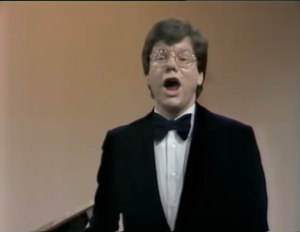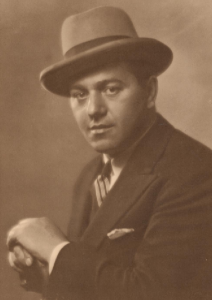Podcast: Play in new window | Download (Duration: 1:44:53 — 118.1MB) | Embed
Subscribe: Spotify | TuneIn | RSS | More
On October 24, we observe the 104th birthday of the nonpareil Croatian soprano Sena Jurinac. Like Hildegard Behrens, whose prowess as a purveyor of art song we explored a few weeks ago, Jurinac was best known as an opera singer, specializing (in her case) in Mozart and Strauss heroines, though she was also beautifully suited to the Lieder repertoire. Jurinac was a singer of enormous warmth, poise, and humanity gifted with a voice that combined warmth and ease. It was her directness and spontaneity which, alongside her peerless musicianship and rock-solid vocal technique, has made her a favorite of many generations of lovers of great singing. Central to this episode is a rare 1976 album of Lieder by Johannes Brahms, which displays, even more than thirty years after her operatic debut, all her most treasurable qualities. The Brahms is supplemented by her 1953 studio recording of Ottorino Respighi’s extended vocal chamber work Il tramonto, a setting in Italian of Percy Bysshe Shelley’s poem “The Sunset”; as well as a rare live 1961 recording of Richard Strauss’s “Im Abendrot” from his Vier letzte Lieder, like the Respighi a meditation on two souls at the setting of the sun.
Countermelody is a podcast devoted to the glory and the power of the human voice raised in song. Singer and vocal aficionado Daniel Gundlach explores great singers of the past and present focusing in particular on those who are less well-remembered today than they should be. Daniel’s lifetime in music as a professional countertenor, pianist, vocal coach, voice teacher, and author yields an exciting array of anecdotes, impressions, and “inside stories.” At Countermelody’s core is the celebration of great singers of all stripes, their instruments, and the connection they make to the words they sing. By clicking on the following link (https://linktr.ee/CountermelodyPodcast) you can find the dedicated Countermelody website which contains additional content including artist photos and episode setlists. The link will also take you to Countermelody’s Patreon page, where you can pledge your monthly or yearly support at whatever level you can afford.





